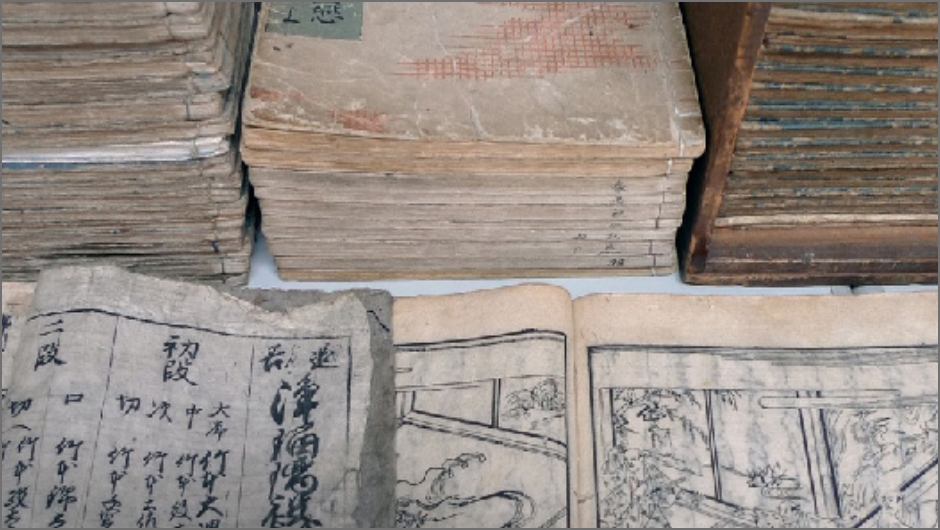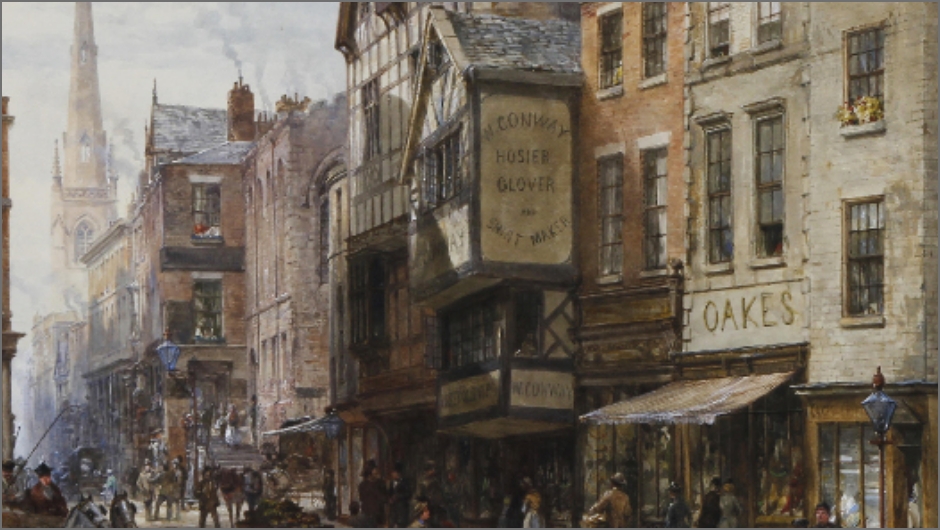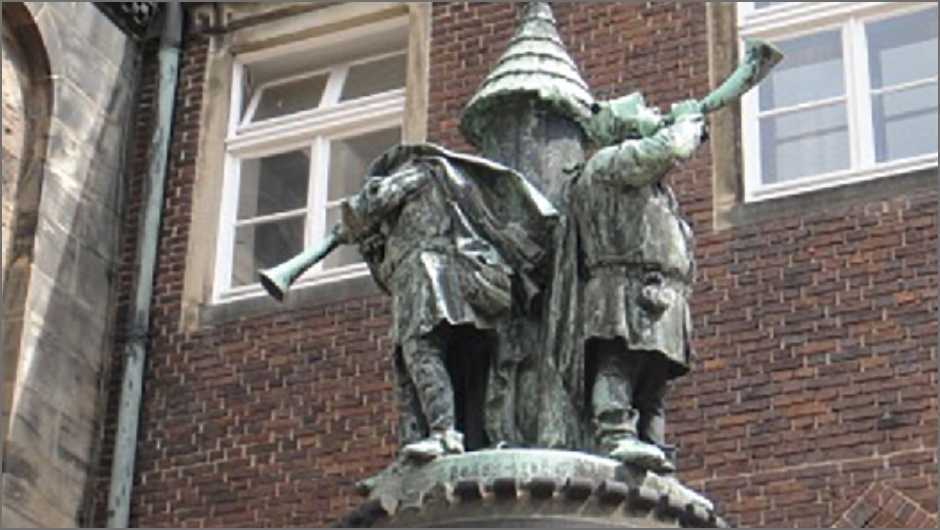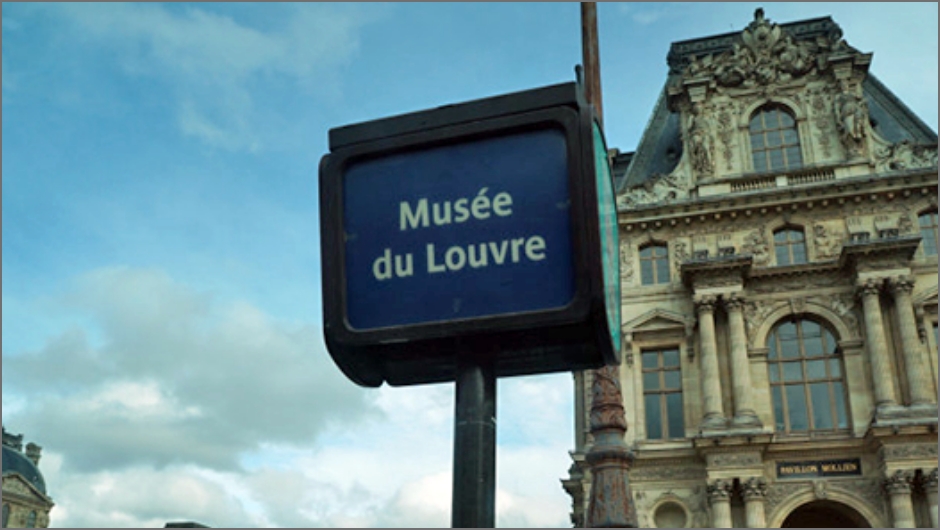Department of Language and Culture
About Department of Language and Culture
The Language and Culture Department seeks to inquire into the cultures created by humankind through the lens of language. Documents concerning the literature and ideologies of Japan, the Asian countries and the Western countries will be read to instigate an examination into the forms and mechanisms of language. Cultural aspects related to language, such as theater, music and film are also subjects of investigation in this department. Through such studies, we aim to discover the thought processes of human beings throughout history, in the present and into the future.
Course
Japanese Language and Literature Course
About Japanese Language and Literature Course
The field of Japanese linguistics studies the Japanese language, with its long history, and that of Japanese literature studies the literary works that have been woven from that language since ancient times. This course is comprised of both.
A feature of this course is its emphasis on the classics, including modern literature. We think it is important to find a foundation for living in the present age by reading the classics in depth and finding things in them that have something to do with the world today, or confronting ideas in them that are different from today and difficult to understand. In addition, while today's Japanese language is the product of historical changes, it shares many core parts with classical Japanese. We need to look into the depths of the language we regularly use without much thought.

Learning in the Japanese Language and Literature Course
- In their second year, students learn the basics of Japanese linguistics and Japanese literature through “Basic Japanese Linguistics” and “History of Japanese Literature A -D.”Also, in “Japanese Linguistics and Literature Reading A1/A2, B1/B2,” students will learn how to handle and interpret texts and materials through research and presentations. First year students may also take “History of Japanese Literature A -D.”
- Third-year students learn concrete Japanese linguistics and literature research methods in the “Japanese Linguistics and Literature Seminar A1/A2, B1/B2, C1/C2, D1/D2”.” In addition, students are also encouraged to deepen their knowledge in each field in the “Japanese Linguistics and Literature Special Courses A-D.”
- Fourth-year students work on graduation papers. From the second half of the third year, students begin to consult with faculty about specific topics. For a year, they collect materials and data, read works, more deeply consider various issues, draw overall conclusions, and bring all of this together into a thesis.
Message
This course emphasizes learning an empirical approach to research, in other words, steadily developing our thinking based on concrete evidence. For this reason, the class curriculum is centered on seminars, such as “Japanese Linguistics and Literature Reading” and “Japanese Linguistics and Literature Seminar.” In order to understand the classics in the context of the ways of thinking and backgrounds of their times, rather than just swallowing them quickly based on contemporary notions, one must struggle with this literature.
Publications
We publish our research in Research in Japanese Literary History (first pub. 1955).
Related links
Chinese Linguistics and Sinology Course
About Chinese Linguistics and Sinology Course
China has been an important neighbor for Japan since ancient times, and there have been various exchanges between these two countries. After an unfortunate history in the last century, in recent years it has once again become an important partner in the fields of politics, economics, culture, and science technology. In the future, exchange will become more and more active, and its importance will increase. However, it is critical to fully understand history and cultural traditions for mutual understanding. Only by learning the languages of each other's countries, knowing their people's ways of thinking, and becoming familiar with their literature, theater, and movies, can a deep understanding of each other be reached.
China not only has a long history, but also a large land area, rich in regional characteristics, that is inhabited by many ethnic groups. Since the mid-nineteenth century, there have also been significant social changes due to the influx of Western culture. This melting pot of diverse cultures continues today and gives birth to new Chinese cultural traditions. For this reason, education and research in this course covers a wide range of aspects of ever-changing Chinese culture to grasp its essence from multiple perspectives.

Learning in the Chinese Linguistics and Sinology Course
- Sophomores' Learning
To acquire basic knowledge and practical skills, students study overall knowledge, reading comprehension, tool book (dictionaries, etc.) usage methods, and research methods in introductory and basic seminar classes. - Juniors' Learning
To apply the specialized basic knowledge and practical skills acquired as second-year students, third-year students will learn more about specialized knowledge and new research fields in various seminars and special lectures. - Seniors' Learning
Using their acquired knowledge and practical skills, students will conduct research on topics of interest while receiving graduation thesis guidance. Their graduation thesis serves as the culmination of their learning at the university.
Message
Please do not hesitate to ask a full-time faculty for more detailed information. One opportunity to do so is the time set aside for Chinese language conversation. Also, students are always welcome to visit the shared research office of the School of Literature and Human Sciences. You'll be enthusiastically welcomed.
Publications
Journal of Chinese Studies
The Department of Chinese Linguistics and Sinology has organized the Osaka City University Society of Chinese Studies, whose membership mainly comprised graduates of the department. The society publishes the peer-reviewed journal Journal of Chinese Studies (first published in 1986) on an annual basis. The journal was awarded the Rohoku Prize in 2002 in recognition of its achievements.
Related links
English and American Language and Literature Course
About English and American Language and Literature Course
This course focuses on British and American culture, British literature, American literature, and English linguistics. Majors acquire basic knowledge essential for academic research in these four fields and receive education and instruction to acquire advanced linguistic performance skills in English, which effectively functions as a universal language.

Learning in the English and American Language and Literature Course
In their second year, students take overview classes on British and American culture and literature, as well as English linguistics. In their third year, students should, based on their acquired knowledge, improve their English reading abilities through seminars. When they become a fourth-year student, writing a graduation thesis is their main task. They should use the English and logical thinking skills they have developed over the past two years to write their theses that satisfies them. TOEIC, TOEFL, Presentation, etc. are offered as AE general education classes. Students should take these subjects to improve their practical English skills, and take advantage of university exchange and language training programs to actively experience the Anglosphere, including the United Kingdom and the United States, and become a person who will shine on the world stage in the future.
Message
In taking specialized classes and conducting research, the field of study and graduation thesis topic that is right for you will become clear. However, faculty members will talk with you and provide instruction about this. We have office hours, so please visit the research office at any time.
Publications
QUERIES is published every year as the official journal of the English Literature Society of Osaka Metropolitan University (formerly known as the English Literature Society of Osaka City University). It includes the results of a wide variety of research.
Related links
German Language and Literature Course
About German Language and Literature Course
Our research focuses on the German language, as well as literature and culture from the German-speaking world, including Germany, Austria, Switzerland, and Liechtenstein. To understand the language itself as well as individual literary works and cultural phenomena, it is essential to focus on historical events and current issues. In this course, students develop language skills and the ability to examine, in line with their individual interests, linguistic and cultural themes in the region from multiple, multifaceted perspectives.

Learning in the German Language and Literature Course
- Sophomores' Learning
Through lecture subjects, students acquire an overview of fields. Through practice-based courses, we aim to establish students' elementary language skills. - Juniors' Learning
Students will acquire intermediate-level language skills (including communication skills), select topics of interest, and collect materials. - Seniors' Learning
Students will focus on writing graduation theses, which are the culmination of students' four years of learning, with their advisor.
* Throughout the three years, a variety of support will be provided to students who wish to study abroad.
Message
The German-speaking countries located in the center of the European continent have been influenced by various surrounding countries and have cultivated their own cultures. The question of how to understand the world, humans, cultures, and languages, as well as how humans should live in a society filled with contradictions, are important issues for us today. Learning a different language and experiencing the way of thinking of a different culture can give us valuable insights and lead us to new and unknown ideas.
Publications
『Seminarium』
This is an academic journal that has been published once a year by the Osaka City University German Literature Society, which consists of graduate students, postgraduate students, and faculty members from the university's German-related undergraduate and graduate community. Osaka Metropolitan University inherits this tradition. The journal includes articles and research notes on the German language as well as literature and culture of the German-speaking world.
Related links
French Language and Literature Course
About French Language and Literature Course
French, which came from ancient Rome's Latin and is deeply engraved in the history and traditions of the world, is a language still found all over the globe. It is the second most spoken language after English. This course is designed to help students develop their French language skills, and from there, extend into language, language learning, literature, and culture. These branches further divide into the likes of art, history, society. Students learn about and consider the diversity of the French-speaking world.

Learning in the French Language and Literature Course
- Sophomores' Learning
Through specialized practice-based and seminar-style courses, students learn to read and pronounce relatively easy French texts. Through lectures, they acquire knowledge of French linguistics, language education, French-language literature, and culture. - Juniors' Learning
To delve into their own interests regarding the French-speaking world, students will learn how to collect materials and formulate questions through practice-based/seminar-style classes, all while bringing their French up to an intermediate level. - Seniors' Learning
Through mid-term presentations of and discussions regarding their graduation thesis, the collection and reading of materials for writing the thesis, and analyses, students will complete a thesis as the culmination of their studies. It should persuasively convey their arguments to others.
Message
The Francophone world covers Europe and half of Africa's countries, parts of North America, Central America, and South America, as well as Melanesia and Polynesia in the South Pacific. In addition to this spatial depth, French also has temporal depth. It boasts a long history: the process spanning from the establishment of French to its spread as an international language, the development and influence of ideas and literature, and the long history of France as a cultural powerhouse centered on Paris.
In this vast field, the French Language and Literature Course allows you to take a variety of approaches depending on your interests. Students can look at the diversity of French-speaking societies, consider the French language in terms of language acquisition and communication, experience the rich depth of literature produced in French, explore the gorgeous cultural image of France, and so on...
While experiencing the diversity, breadth and depth of the world, exploring different languages and cultures will help us break down the boundaries of the “normal” that we are unknowingly trapped in. It also enables us to question how we can live as human beings more freely.
Publications
『Lutèce』
Related links